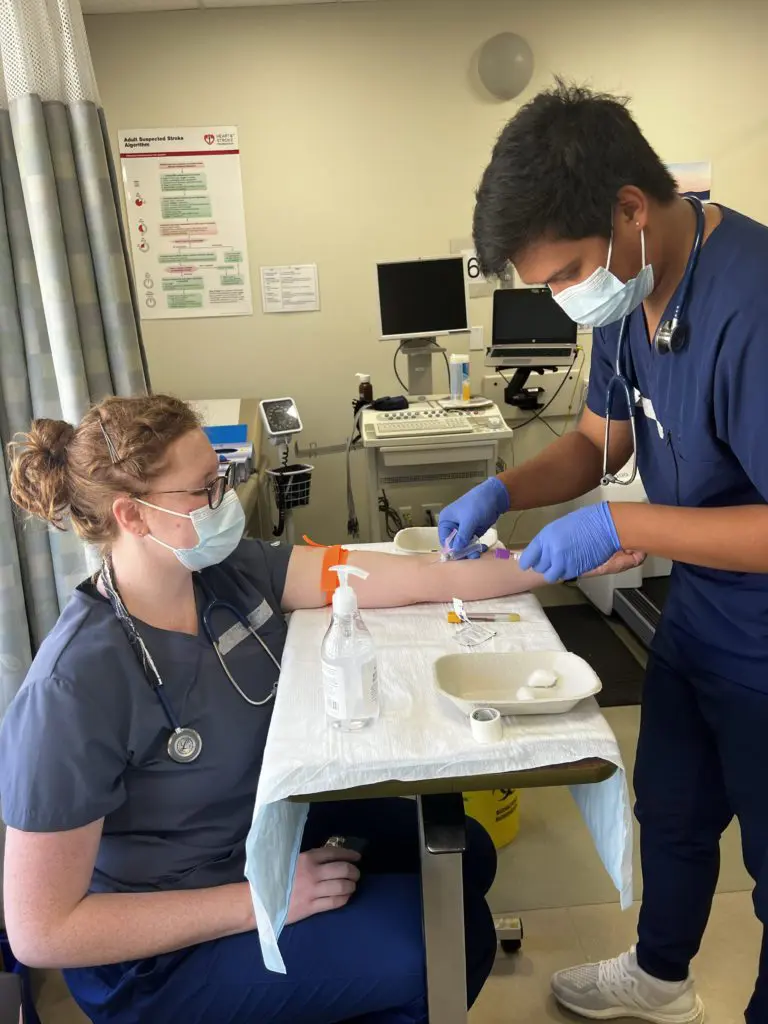Science has come a long way in helping both medical professionals and patients recognize the early stages of a heart attack. Just a half a century ago, until a proper autopsy was performed, cause of death for a patient with heart trouble would often be referred to as “natural causes’ or described as, “his heart just gave out.”
Back then, we did not understand how a 40 year old in prime physical condition could suddenly pass away, while someone who indulges in a diet of bacon and beer could live to 70. However, today, the symptoms of heart failure are recognized the world over, as are life-saving steps that can be put into action right away. These days, graduates of medical school, nursing courses, and healthcare technicians use several tools and indicators to identify high-risk patients and step in with effective interventions. Here are just a few:
Genetic Tests May Be the Best Warning
A patient’s family history may well be the earliest warning sign that heart disease is a potentially serious risk. If a male sibling or parent was diagnosed before the age of 55 – or a female sibling or parent was diagnosed before 65 – patients must undergo regular check-ups and take extra preventative steps to protect their own health.
The Most Common Signs of a Heart Attack
The signs most people know play out largely as they do in the movies. Chest pains, which commonly feel like a heavy pressure or congestion in the centre of the sternum, tend to be abrupt and acute during a heart attack, or they may come and go repeatedly in the moments leading up to one.
Sharp pain or numbness in the patient’s upper left arm is also a common indicator of an impending problem. Any sharp pain, in fact, in the upper part of the body including the jaw, back and even teeth could be early warnings of a heart attack.
Other symptoms include shortness of breath, nausea or breaking out in cold sweats. At this point, it’s best to administer an Aspirin if possible and call the paramedics.
Using Technology to Track Heart Trouble
If a patient is genetically prone to heart disease, has high blood pressure or smokes, a student with cardiology technician training in BC would know how to administer a variety of tests to help prevent or monitor serious conditions.
One of these is an electrocardiogram (EEG or EKG). This test helps record and monitor electrical activity in the heart as it beats, allowing doctors and assistants with online cardiology technician training to spot potential problems – such as areas where blood flow is poor, or abnormal beating patterns.
Cardiology technicians may also run stress tests, Holter Monitoring and Event Monitoring in order to help patients avoid heart attack – or recover from serious illness. These tools are excellent examples of how our modernized healthcare system uses cutting edge technology to help patients lead longer, healthier lives.
What attracts you to a career in health care?






![An ECG demonstrates the extensive antero-septal-lateral myocardial infarction [heart attack] that Taryn witnessed.](https://stenbergcollege.com/wp-content/smush-webp/2022/12/ecg-1024x530.jpg.webp)



